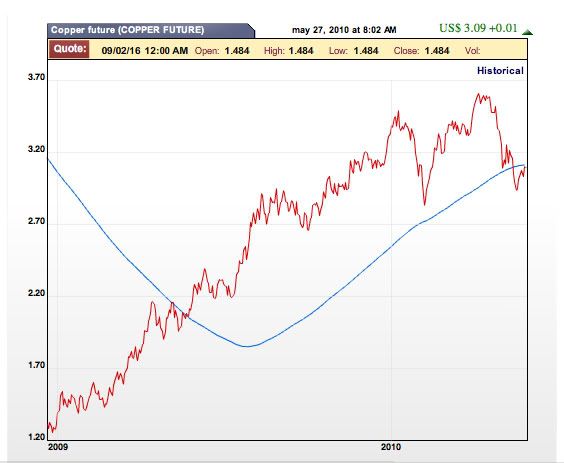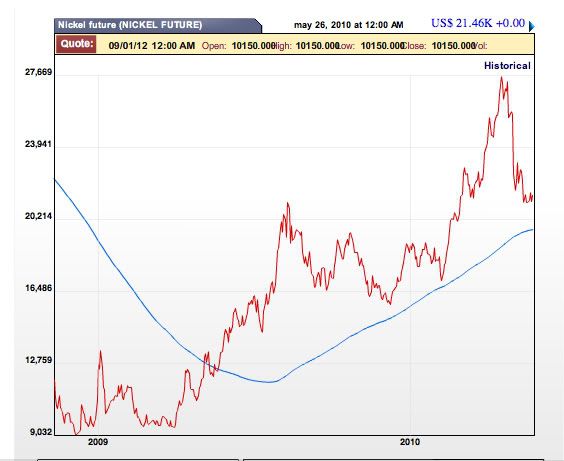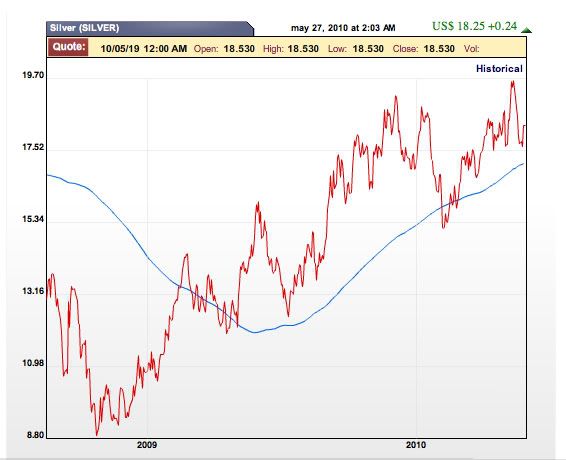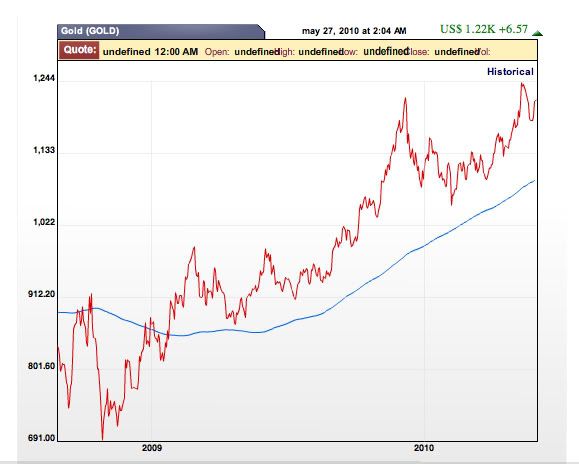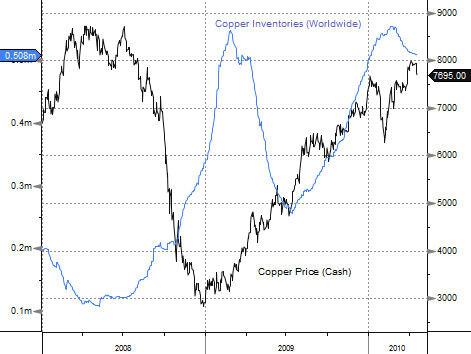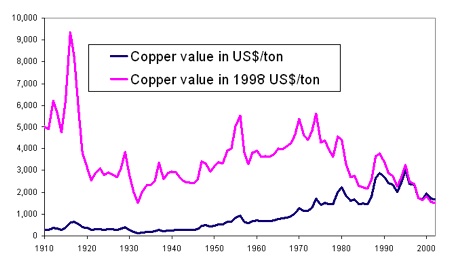http://counterpunch.org/baker05042010.html
(Article reproduced here under fair-use provisions, with original link given, solely for non-commercial purposes of archiving, education and discussion.)
"Did Your Momma Tell You That?"
The Greek Crisis
May 5, 2010
By DEAN BAKER
Keynes quipped in the General Theory that the world is ruled by the ideas of long dead economists. I was reminded of this comment when I heard a member of Germany’s parliament scornfully dismiss the suggestion that the European Central Bank should target a somewhat higher rate of inflation. This suggestion had been put forward by Oliver Blanchard, one of the world’s leading macroeconomists. Furthermore, he had proposed a higher inflation target in his role as the chief economist for the International Monetary Fund.
There is nothing wrong with disagreeing with an economist, no matter how prominent they are or where they work. But what was striking was the nature of the dismissal. The parliamentarian just asserted that: “inflation never solved anything.”
That’s a strong statement. Did he get that information from his parents? Or, as we used to say growing up in Chicago, “Did your momma tell you that?”
Blanchard and others arguing for a higher inflation target actually have very good reasons as to why higher inflation might be very helpful in solving the world economic crisis. First, a higher inflation rate will erode the real value of debt. This will benefit all debtors, households, businesses and countries.
In the case of households, tens of millions of homeowners in the United States and elsewhere have seen much or all of their equity disappear with the collapse of the housing bubble. A modest rate of inflation should begin to lift house prices, restoring equity to these families. It will also reduce the burden of their monthly mortgage payments if wages rise in step with inflation. This will not only be beneficial to these families; a lower debt burden will allow families to spend more, helping to drive the economy.
The same story applies to many businesses that are now facing crushing debt burdens. Furthermore the knowledge the prices of the items they sell will be rising 3-4 percent a year will make investment more attractive to businesses.
Finally, a moderate rate of inflation can go far toward alleviating the debt burden faced by so many countries these days. After 10 years, a 3.0 percent rate of inflation will reduce the real value of a fixed debt by 26 percent; a 4.0 percent inflation rate will reduce it by 34 percent. The modest inflation of the 40s, 50s and 60s was a big factor in bringing down the huge U.S. World War II debt to a manageable level.
Inflation can also be enormously helpful in allowing the euro zone countries with excessive labor costs (e.g. Greece, Portugal and Spain) to get their costs more in line. If wages in more competitive countries keep pace or exceed average euro zone inflation, while wages in the troubled countries don’t rise as rapidly, then they should be able to restore their competitiveness more quickly.
These are the sorts of arguments that Blanchard and others have put forward for allowing a somewhat higher rate of inflation. But the German parliamentarian didn’t care, because he somehow already knew that “inflation never solves anything.”
Policy that rests on unexamined assertions (that emanate from the teachings of long-dead economists) will be every bit as destructive today as it was in the first Great Depression. In Europe, this drama seems to be playing out in the desire to really make Greece feel pain. Greece undoubtedly has to straighten out its fiscal mess. (Is there some reason that everyone is not pushing a tax amnesty program as a way to reduce the Greek debt and show that it is serious about ending wholesale tax evasion?) However, it can’t be expected to balance its budget in the middle of the worst downturn in 70 years.
The same applies to Portugal, Spain and other troubled European economies. Contractionary moves by these governments will worsen the downturn in these countries and in fact, make matters worse in the sound finance countries as well. Fewer imports in Spain and Greece mean fewer exports for Germany and France. Furthermore, enough downward pressure on these economies will likely require a debt restructuring at some point anyhow. The debt burden grows when economies shrink and that seems to be the plan coming from the economic center of Europe.
There might be some justice in the fact that the austerity plans designed by Germany will come back to bite them, but it would be much better to see the Germans design good economic policy. There was perhaps an excuse for bad policy in the 30s; after all Keynes didn’t publish the General Theory until 1937. But, there is no excuse today – the ideas of Keynes have long been known and widely disseminated. It is a tragedy and an outrage that the people deciding economic policy are mindlessly repeating tired clichés rather than seriously trying to design policies that address the crisis in front of our faces.
Dean Baker is the co-director of the Center for Economic and Policy Research (CEPR). He is the author of Plunder and Blunder: The Rise and Fall of the Bubble Economy and False Profits: Recoverying From the Bubble Economy.
This column was originally published by The Guardian.
Which reminds me to refer once again to the two RI threads about…
INFLATIONISTS vs. DEFLATIONISTS
“a compendium in progress” (by ninakat)
viewtopic.php?f=5&t=22506
“Get Ready, Inflation Is On The Way”
viewtopic.php?f=8&t=27913
…ahem…
Want to go nuts rummaging through comparative macroeconomic stats for OECD nations?
Here you go:
OECD NATIONAL ACCOUNTS PORTAL
http://www.oecd.org/topicstatsportal/0, ... tml#500239




